In 2015, nearly $15 billion was stolen from 13.1 million U.S. civilians as a result of identity theft.
No matter how careful we try to be with our personal information, hackers and other criminals are still gaining access to our identities at an alarming rate. And while we might consider identity theft to be an adult issue, more and more children are having their identities stolen. In 2011, an estimated 140,000 minors had their identities stolen.
Find out why your son or daughter might be the target of identity theft, and what signs to look for to prevent it from happening to them.
Why is your child a target?
In the eyes of the U.S. credit bureaus, all children have clean credit reports. There is no age-verification process, and all children have a substantial line of credit that they never knew they had.
iStock
When an identity thief uses your child’s information, the paper trail of evidence against them will be virtually wiped clean by the time your kid needs to use his or her credit to take out student loans with check into cash or make any other major financial decisions that could impact their credit score.
iStock
Children are also easier targets for identity thieves because most minors lack access to email accounts that may include monthly financial updates and are unlikely to receive credit balance updates via mail. Most parents receive many virtual and physical reminders of their credit card balances each month.
iStock
Read More: He Knocked And A Kid Answered — What Happened Next Is Truly Shocking
Additionally, in most states, there aren’t laws in place to protect a minor’s credit. Consumer laws and regulations have not been updated to include newer identity theft practices.
iStock
How did a con artist receive my child’s personal information?
While your kid’s social security number isn’t required in most day-to-day activities, it’s still an essential bit of information that may be on record in health insurance databases, life insurance databases, and educational or financial institutions. Social media accounts also have specific information about your child’s identity.
iStock
How to find out if your child’s personal information is being compromised?
As a parent, you can send away for a copy of your son or daughter’s credit report. To do so, you will need all appropriate documentation including copies of your drivers license, your child’s social security card and birth certificate, as well as proof of his or her permanent address.
iStock
What red flags should I look for?
Doing research on your free time on sites like https://www.creditfix.co.uk/debt-solutions/trust-deed/ will give you a better understanding of the credit environments at play. Acquiring a credit report does not automatically mean that a criminal does not have access to your child’s personal information.
iStock
Nancy Bistritz, the director of public relations and communications at Equifax notes that there are multiple red flags that can alert a parent of possible identity theft:
- You receive phone calls from collection agencies asking for your child
- Pre-approved credit card offers begin arriving in the mail addressed to your child
- When your son or daughter attempts to take their drivers test, if their license is denied due to already having a license or too many unpaid parking tickets.
What actions should I take if my child’s identity has been stolen?
It is widely recommended to first report the identity theft to your local police and file a report.
iStock
Another necessity is to call the top three credit bureaus (TransUnion, Equifax, and Experian) and freeze your child’s credit accounts. This will prevent unwanted eyes from viewing their history.
iStock
Read More: If You’re Having A Bad Day, These 22 Epic Parenting Fails Will Make You Feel Better
You should also monitor your child’s social media accounts to ensure that personal information isn’t out there for the world to see.
(via U.S. News & World Report)
To keep your child’s information under lock and key, there are a variety of credit monitoring services that are simple and easy to use and can save your entire family from a great deal of stress and panic. You can learn more about the best monitoring agencies here.




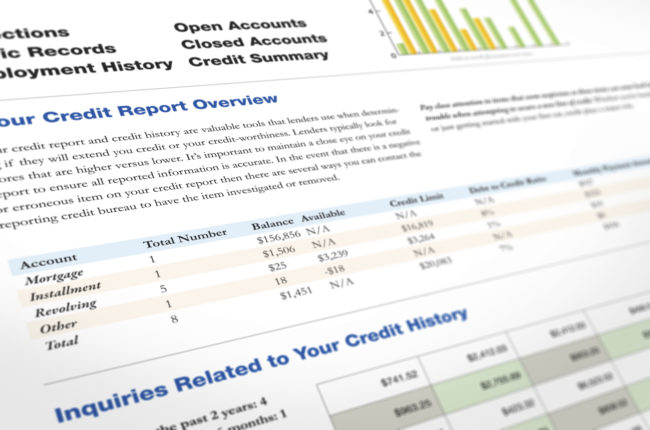

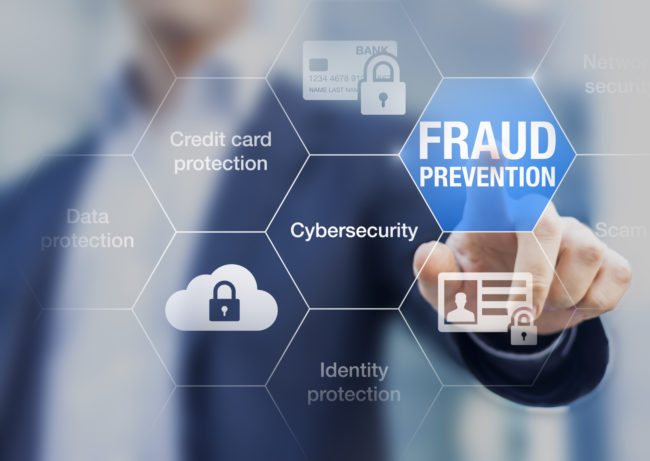
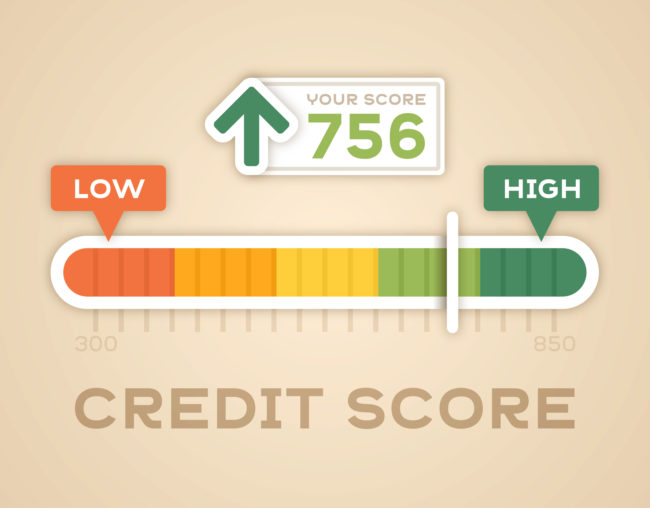
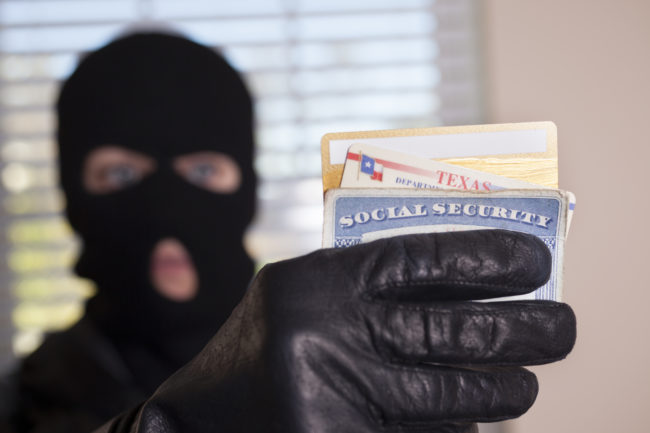

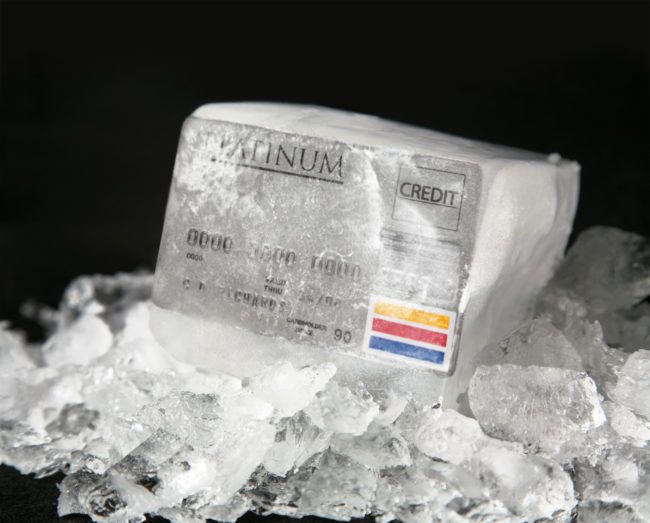


Comments